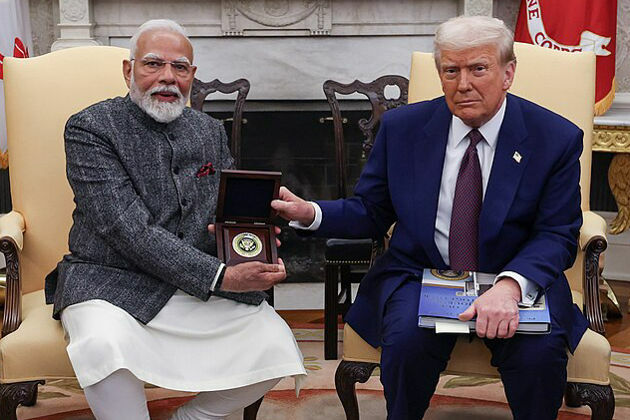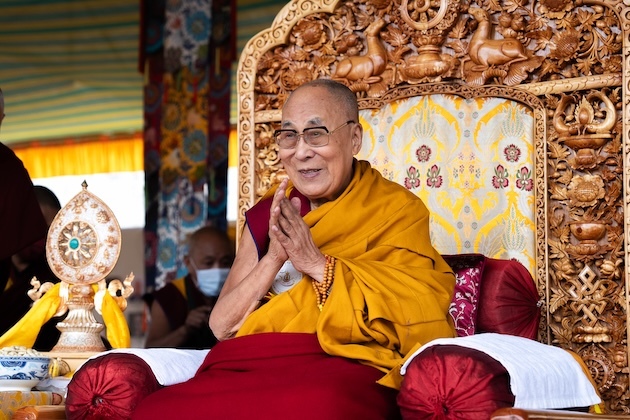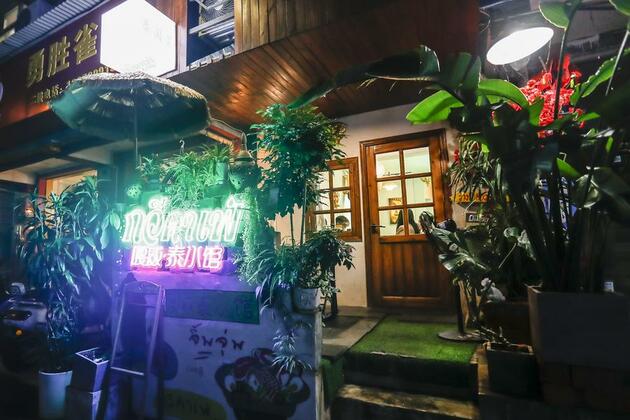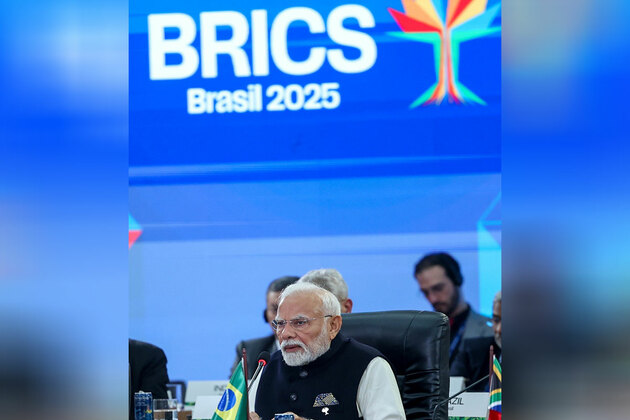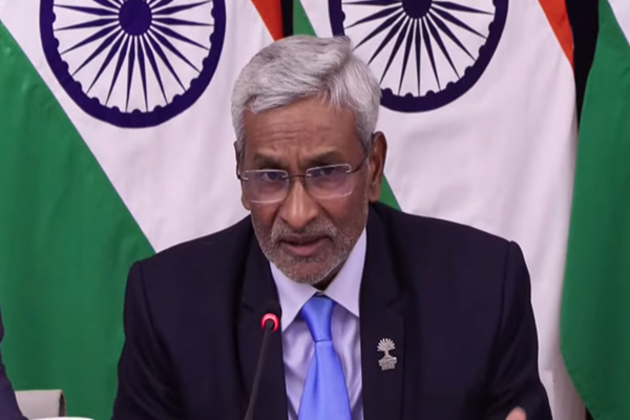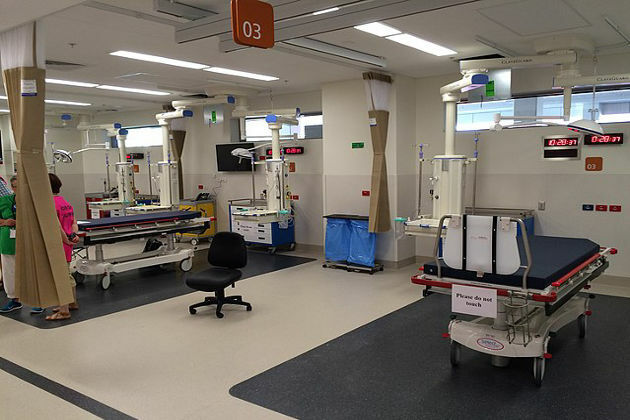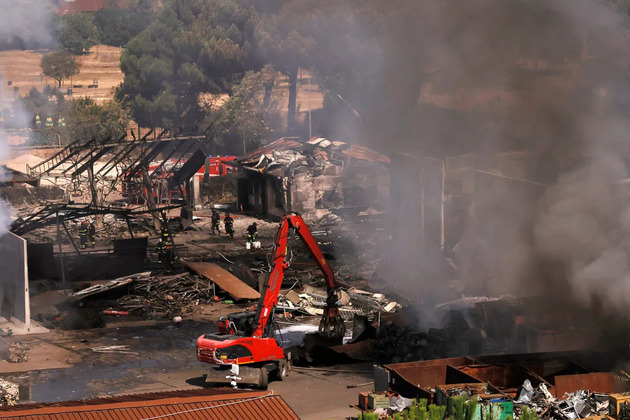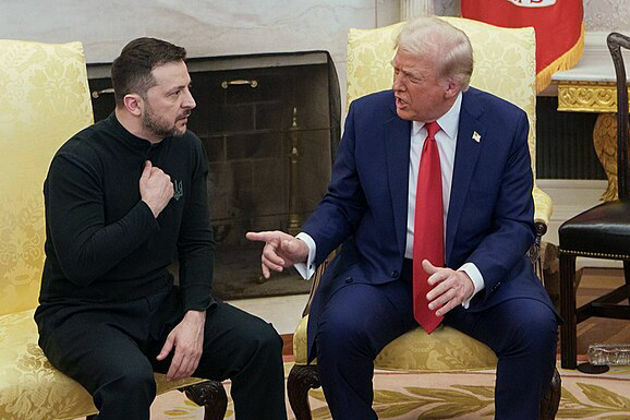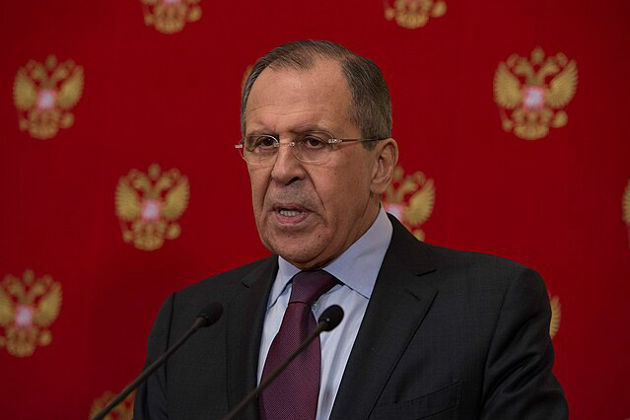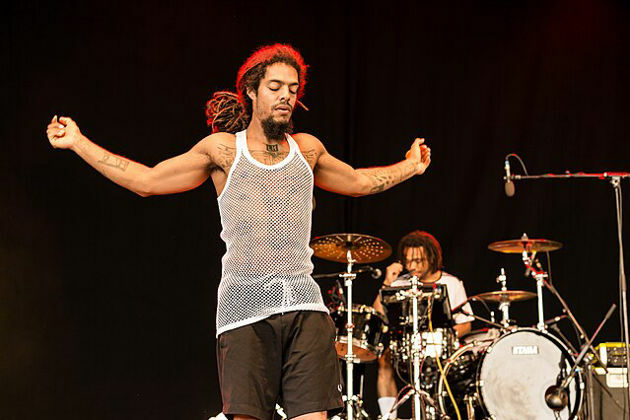Thailand's judiciary is flexing its muscles, but away from PM's plight, dozens of activists are at the mercy of capricious courts
The Conversation
07 Jul 2025, 12:33 GMT+10
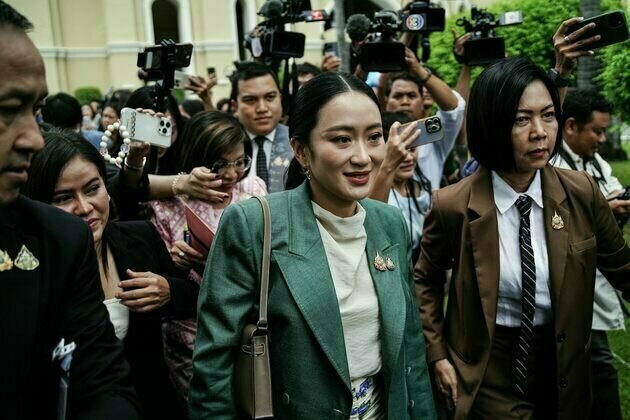
Thai Prime Minister Paetongtarn Shinawatra is currently feeling the sharp end of the country's powerful judiciary.
On July 2, 2025, Thailand's Constitutional Court suspended Paetongtarn from office as a result of a leaked phone conversation in which she was heard disparaging Thailand's military and showing deference to former the prime minister of Cambodia, Hun Sen, despite an ongoing border dispute between the two countries. Initially set for 14 days, many onlookers believe the court's suspension is likely to become permanent.
Meanwhile, far from the prime minister's office is Arnon Nampa, another Thai national whose future is at the mercy of the Thai judiciary - in this case, the Criminal Court.
Arnon, a lawyer and internationally recognized human rights defender, is one of 32 political prisoners imprisoned over "lse majeste," or insulting the Thai monarchy. He is currently serving a sentence of nearly 30 years for a speech questioning the monarchy during pro-democracy protests in 2020. Unless he is both acquitted in his remaining cases and his current convictions are overturned on appeal, Arnon will likely spend the rest of his life in prison.
The plights of Paetongtarn and Arnon may seem distant. But as a historian of Thai politics, I see the cases as connected by a judiciary using the law and its power to diminish the prospects for democracy in Thailand and constrain the ability of its citizens to participate freely in society.
The Shinawatra family is no stranger to the reach of both the Thai military and the country's courts.
Paetongtarn is the third of her family to be prime minister - and could become the third to be ousted. Her father, Thaksin Shinawatra, was removed in a 2006 military coup. Her aunt, Yingluck Shinawatra, was ousted prior to the May 22, 2014, coup. In common with past coups, the juntas who fomented them were shielded from the law, with none facing prosecution.
For now, it is unclear whether Paetongtarn's suspension is the precursor to another coup, the dissolution of parliament and new elections, or a reshuffle of the cabinet. But what is clear is that the Constitutional Court's intervention is one of several in which the nine appointed judges are playing a critical role in the future of Thai democracy.
The root of the judiciary's power can be found in the way the modern Thai nation was set up nearly 100 years ago.
On June 24, 1932, Thailand transitioned from an absolute monarchy to a constitutional monarchy. Since then, the country has experienced 13 coups, as the country has shifted from democracy to dictatorship and back again.
But throughout, the monarchy has remained a constant presence - protected by Article 112 of the Criminal Code, which defines the crime and penalty of lese majeste: "Whoever defames, insults, or threatens the king, queen, heir-apparent or regent shall be subject to three-to-fifteen years imprisonment."
The law is widely feared among dissidents in Thailand both because it is interpreted broadly to include any speech or action that is not laudatory and innocent verdicts are rare.
Although Article 112 has been law since 1957, it was rarely used until after the 2006 coup.
Since then, cases have risen steadily and reached record levels following a youth-led movement for democracy in 2020. At least 281 people have been, or are currently being, prosecuted for alleged violation of Article 112, according to Thai Lawyers for Human Rights.
The 2020 youth-led movement for democracy was sparked by the Constitutional Court's dissolution of the progressive Future Forward Party at the beginning of that year, the disappearance of a Thai dissident in exile in Cambodia, and economic problems caused by the COVID-19 pandemic.
In protests in Bangkok and in provinces across the country, they called for a new election, a new constitution and an end to state repression of dissent.
On Aug. 3, 2020, Nampa added another demand: The monarchy must be openly discussed and questioned.
Without addressing such a key, unquestionable institution in the nation, Arnon argued, the struggle for democracy would inevitably fail.
This message resonated with many Thai citizens, and despite the fearsome Article 112, protests grew throughout the last months of 2020.
Students at Thammasat University, the center of student protest since the 1950s, expanded Arnon's call into a 10-point set of demands for reform of the monarchy.
Making it clear that they did not aim to abolish the monarchy, the students' proposal aimed to clarify the monarchy's economic, political and military role and make it truly constitutional.
As the protests began to seem unstoppable, with tens of thousands joining, the police began cracking down on demonstrations. Many were arrested for violating anti-COVID-19 measures and other minor laws. By late November 2020, however, Article 112 charges began to be brought against Arnon and other protest leaders for their peaceful speech.
In September 2023, Arnon was convicted in his first case, and he has been behind bars since. He is joined by other political prisoners, whose numbers grow weekly as their cases move through the judicial process.
Unlike Arnon, Paetongtarn Shinawatra is not facing prison.
But the Constitutional Court's decision to suspend her from her position as prime minister because of a leaked recording of an indiscreet telephone conversation is, to many legal minds, a capricious response that has the effect of short-circuiting the democratic process.
So too, I believe, does bringing the weight of the law against Arnon and other political prisoners in Thailand who remain behind bars as the current political turmoil plays out.
 Share
Share
 Tweet
Tweet
 Share
Share
 Flip
Flip
 Email
Email
Watch latest videos
Subscribe and Follow
Get a daily dose of Thailand Herald news through our daily email, its complimentary and keeps you fully up to date with world and business news as well.
News RELEASES
Publish news of your business, community or sports group, personnel appointments, major event and more by submitting a news release to Thailand Herald.
More InformationAsia
SectionTrump signals progress on India Trade, criticizes Japan stance
WASHINGTON, D.C.: President Donald Trump says the United States could soon reach a trade deal with India. He believes this deal would...
Dalai Lama to address Buddhist conference, reveal succession plan
DHARAMSHALA, India: The Dalai Lama is set to address a significant three-day conference of Buddhist leaders this week, coinciding with...
Evolving Thai cuisine dominates China's Southeast Asian dining scene
TAIYUAN, July 7 (Xinhua) -- From bustling street stalls to upscale shopping malls, the Thai culinary scene in China is undergoing a...
First signs of 'Gill Era' promise: India's superstars and heroics at Birmingham, in numbers
Birmingham [UK], July 7 (ANI): Following some promising signs at Leeds despite a five-wicket loss, the massive ceiling and unreal potential...
PM Modi's Brazil visit sees discussions on BRICS agenda, condemnation of Pahalgam terror attack
Rio de Janeiro [Brazil], July 7 (ANI): Prime Minister Narendra Modi participated in the 17th BRICS Summit being held in Rio de Janeiro,...
PM Modi thanks Malaysia, Cuba for condeming Pahalgam terror attack: MEA
Rio de Janeiro [Brazil], July 7 (ANI): MEA Secretary (Economic Relations) Dammu Ravi said on Sunday (local time) that Prime Minister...
International
SectionCongress weighs Medicaid cuts, sparking alarm in small-town hospitals
OMAHA, Nebraska: With Congress considering cuts totaling around US$1 trillion to Medicaid over the next decade, concerns are rising...
Gas station blast injures 40 in Rome, kids narrowly escape
ROME, Italy: Quick thinking by emergency responders helped prevent greater devastation after a gas station explosion in southeastern...
Weapons pause by Trump signals shift away from foreign wars
WASHINGTON, D.C.: President Donald Trump is drawing praise from his core supporters after halting key arms shipments to Ukraine, a...
Moscow removes Taliban from banned list, grants official status
MOSCOW, Russia: This week, Russia became the first country to officially recognize the Taliban as the government of Afghanistan since...
Netanyahu vows 'No Hamas' in postwar Gaza amid peace talks
CAIRO, Egypt: This week, both Hamas and Israel shared their views ahead of expected peace talks about a new U.S.-backed ceasefire plan....
US sends message by publicizing visa ban on UK punk-rap band
WASHINGTON, D.C.: The Trump administration has made public a visa decision that would usually be kept private. It did this to send...

